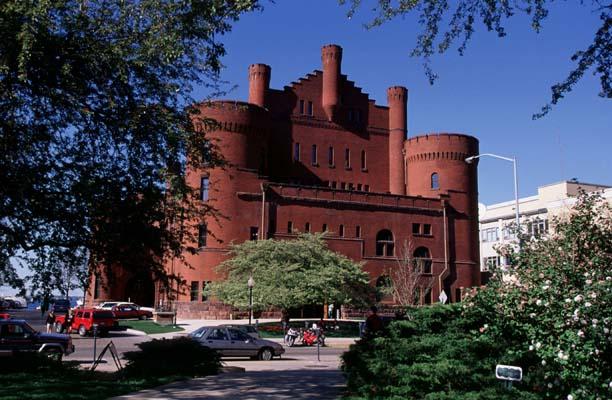The University of Wisconsin has been making tremendous efforts and remarkable progress during the past decade on its public mission to cater and develop an inclusive and enriched community for students, faculty and staff of all backgrounds. As of January 2017, beginning with the launch of the Our Wisconsin program, the institution’s Division of Diversity, Equity and Educational Achievement has executed numerous programs and improvements to our campus that have facilitated our path toward this goal.
A few examples are: the opening of the Black Cultural Center to create opportunities for academic and social support, co-curricular programming and community building, the creation of the Campus Climate Survey to identify key issues and propose the next steps to UW leadership and the initiation of the Diversity Inventory Program, a searchable online database of UW diversity programs, activities, resources and research.
The changes being made in our community are products of the campus Diversity Framework and R.E.E.L Change Model initiated in 2015. The model was formed to establish the Retain, Equip, Engage Lead Model for diversity and inclusion change, and has been “a road map for the UW campus” ever since.
Though relatively moderate, progress has been anything but stagnant for the experience of underrepresented minorities on our campus. In the last decade, enrollment for students of color has increased from 12 to 16 percent, faculty of color from 15 to 21 percent, and the retention rate among both underrepresented students and other students has risen above 95 percent, closing the retention gap that used to exist between them.
Letter to the editor: The Diversity Forum conversations should happen in our everyday lives
Back in 2015, UW was recognized by The Education Trust as a national leader in improving graduation rates for underrepresented students (and overall) amongst 255 institutions that were examined across the country. What does this mean for our campus climate? It suggests that social and academic opportunities are expanding and becoming considerably more inclusive and accepting of diversity. Students regardless of their backgrounds, are beginning to feel a stronger sense of community, acceptance, and inclusion at our university more than ever before. But it doesn’t stop here.
Progress should stimulate stronger incentive and motivation across all students, staff and faculty to get involved with this movement. Success — in rapid succession — should only harness new initiatives for improvement.
The 2017 UW Diversity Forum is a step in the right direction for our campus. Held from November 7-8th, this year’s forum aims to address a wide range of issues regarding inclusivity, diversity and equity at our institution. Day one of the forum will be focusing on eight breakout sessions including discussions on American Muslim Students, micro-aggressions, individualism, the Campus Climate Survey Task Force Report, meditation, food insecurity (in Dane County), students with disabilities and finally an On Wisconsin workshop.
As compared to last year’s Diversity Forum, the 2017 agenda clearly narrows in on and addresses specifically underrepresented populations and issues on our campus — a much-needed conversation to bring to the table.
Furthermore, the forum will feature Native American keynote speaker Walter Echo-Hawk, to represent and give voice to a minority that receives little attention. On a campus built upon land with rich indigenous roots, less than one percent of students at UW identify as Native American — an astonishing yet representative value of their marginalization both locally and nationally.
In light of National Native American Heritage Month, the speaker will surely contribute to the celebration of rich and diverse cultures, traditions and histories and acknowledge the important contributions of the Native people. His contributions will educate our community about the indigenous people and the challenges they have faced both historically and in the present, and drive campus-wide incentives to improve the experiences of underrepresented minorities at UW.
As the annual Diversity Forum approaches, the university encourages everyone to attend, discuss and offer initiatives towards our institutional goal to create an inclusive community of equity for all students, staff and faculty, regardless of background. The current signs of progress are only indicators for more growth, opportunity building and innovation on our road to success.
Ayaka Thorson ([email protected]) is a freshman who is currently undecided.














